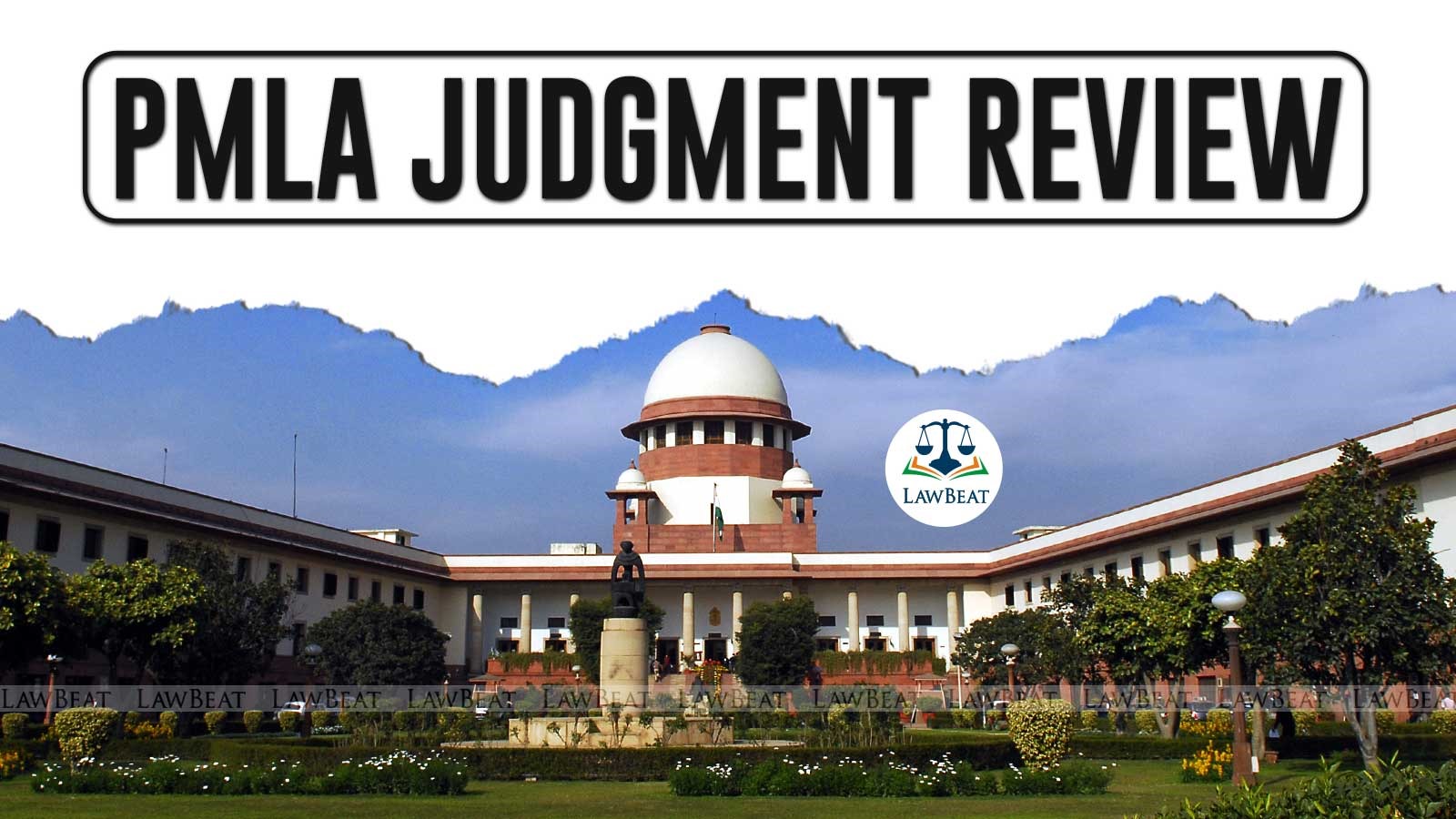Supreme Court adjourns hearing review petitions against judgment upholding PMLA provisions

Senior Advocate Kapil Sibal opposed the request for adjournment saying 'this has been going on for too long'
The Supreme Court today has adjourned the hearing in review petitions filed against the judgment upholding the constitutional validity of Prevention of Money Laundering Act (PMLA) to October.
Solicitor General Tushar Mehta requested the bench comprising Justices Surya Kant, Dipankar Datta and Ujjal Bhuyan to adjourn the case saying that he had not received copy of all the petitions filed against the judgment.
Earlier this month, Senior Advocate Kapil Sibal had mentioned the issue of listing the review petitions filed by Karti Chidambaram and others before a Justice Surya Kant led bench, which had agreed to list the petitions today, i.e., September 18.
When the petitions were listed earlier last month, Solicitor General Tushar Mehta had sought time from court submitting, "This has come up suddenly, we need some time to prepare..please have this at a later date..".
In August 2022, Supreme Court had issued notice in the review petition on limited purview.
A bench of the then Chief Justice of India NV Ramana, retired Justice Dinesh Maheshwari and Justice CT Ravikumar had issued notice on the limited aspects, which includes:
- Regarding the absence of a legal requirement to provide ECIR copy;
- Reversal of whether the presumption of innocence required consideration.
Court had earlier allowed an open court hearing in the review petition.
A Justice AM Khanwilkar led bench of the top court on July 27, 2022 upheld the constitutional validity of various provisions of the Prevention of Money Laundering Act, 2002. The bench, also consisting of Justices Dinesh Maheshwari and CT Ravikumar however had held that the challenge to the passage of amendments to the Act in 2019 as a money bill will be considered by a larger bench.
Over 200 petitions were filed challenging the provisions of the Act. It was argued before the court that the powers of the Enforcement Directorate to arrest, force confessions, and seize property were unbridled.
In its 545-page judgment, the Court answered 12 questions of law formulated in the batch of petitions. A comprehensive look at the same can be found here
Case Title: Karti Chidambaram vs. Union of India
